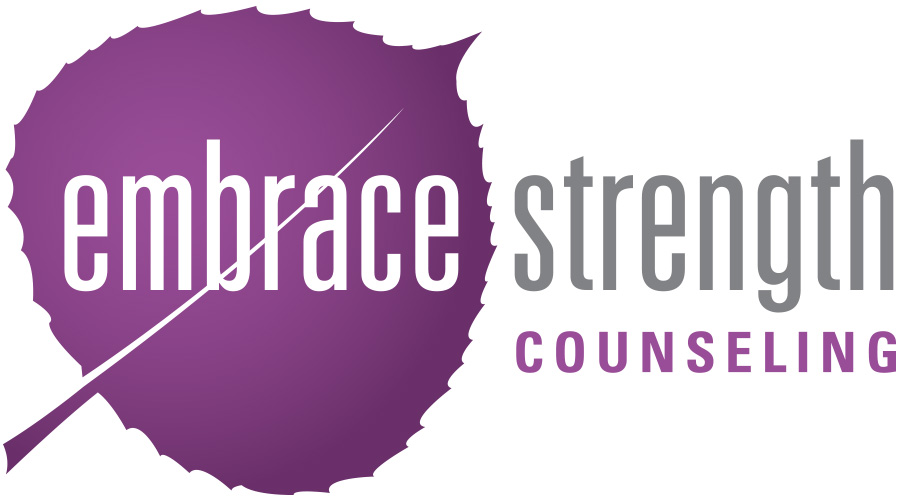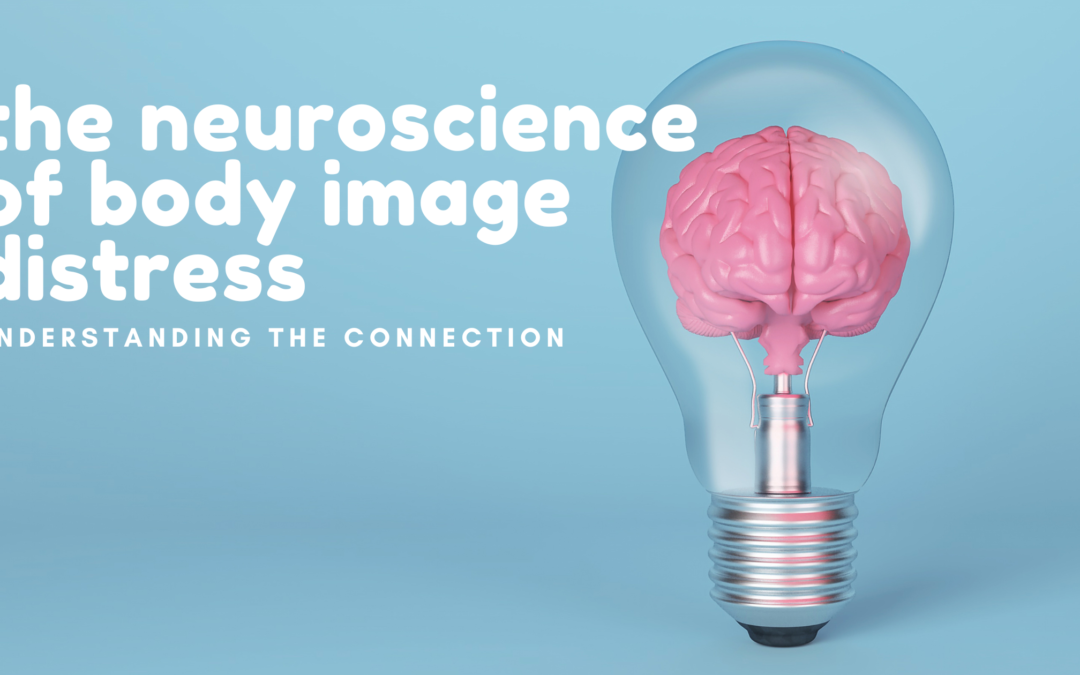Despite becoming an increasingly common concern, body image distress often gets written off as superficial or vain. In reality, it is a complex phenomenon, often rooted in deeply ingrained neural pathways and psychological processes. By delving into the neuroscience behind poor body image, we gain valuable insights into the intricate interplay between brain function, perception, and self-esteem.
Neuroscientific research reveals that our perception of body image is mediated by a network of brain regions responsible for processing sensory information, emotional responses, and self-referential processing. The primary areas implicated in body image perception include the visual cortex, somatosensory cortex, insula, and prefrontal cortex, each playing a distinct role in shaping our body-related perceptions and attitudes.
At the heart of poor body image lies a phenomenon known as “social comparison,” wherein individuals assess their own bodies in relation to perceived societal ideals and cultural norms. This process is mediated by the brain’s mirror neuron system, which enables us to empathize with others and internalize external standards of beauty and attractiveness.
Furthermore, neuroimaging studies have identified structural and functional differences in the brains of individuals with poor body image, including alterations in gray matter volume, neural connectivity, and activation patterns in response to body-related stimuli. These neurobiological differences underscore the profound impact of negative body image on brain function and mental well-being.
The neurotransmitter serotonin, often referred to as the “feel-good” neurotransmitter, also plays a critical role in regulating mood, self-esteem, and body image perception. Dysregulation of serotonin levels has been implicated in various mood disorders and eating disorders characterized by distorted body image and obsessive thoughts about weight and appearance.
Moreover, the brain’s reward system, governed by dopamine and other neurotransmitters, can become dysregulated in individuals with poor body image, often leading to maladaptive behaviors such as disordered eating, excessive exercise, and body dysmorphia.
If you interested in changing your own neural pathways related to negative body image, here are three ideas to get started:
1. Acknowledge when you are in a negative body image loop. Oftentimes, thinking negatively about our bodies becomes a habit, and we do not even realize when we are doing it. The first step to changing our body image distress is to notice when we are engaging with it. This could sound as simple as “I’m noticing I’m saying mean things about my body,” or “There’s that inner critic again.” Simply acknowledging these thoughts is a meaningful step towards altering neural pathways long-term.
2. Be mindful of what you consume. If you are constantly exposed to TikToks about losing weight and Instagram photos of highly photoshopped models, it is likely that your brain chemistry is being impacted negatively via mirror neurons and social comparison. Take a step back from social media, and feel free to unfollow or mute any content that makes you feel poorly about yourself.
3. Reset your brain’s reward system. Research suggests that well-regulated neurotransmitter responses could contribute to more positive body image. Manage your dopamine and serotonin levels by sleeping well, getting outside, completing small tasks, listening to music, staying away from screens, and more.
The neuroscience behind body image distress highlights the need for a shift in our cultural perception of this deeply rooted struggle. Body image distress is not a trivial, fleeting concern, but rather a complex combination of neural mechanisms and environmental factors. It takes a lot of effort, time, and courage to rewire our thought patterns.
If you are interested in scheduling a consultation with us, please send us an email at info@embracestrengthcounseling.com to schedule a free phone consultation.

